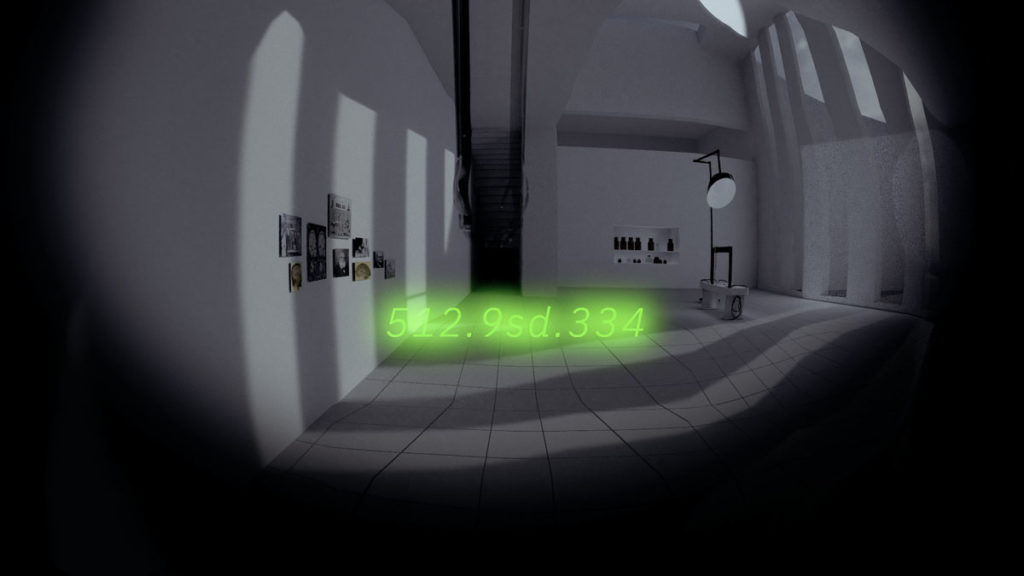There‘s no Ethics.
Tristan Harris, former design ethicist and product philosopher at Google

Attention engineering is ubiquitous in the online world because in an information overloaded environment, the user’s attention is the highest good. It leaves its mark on the human psyche and changes societies – that much is certain. Indeed, a technology designed to turn consumers into will-less creatures is a psychological weapon.
We didn‘t take a broad enough view of our responsibility, and that was a big mistake.
Mark Zuckerberg
The media talk about “ethics” and “great responsibility”. But business models are usually designed according to market principles, not ethical ones. And the rules of the game are set by the platform operators themselves, not by politicians. As discussed in this paper, the problem is not in the technology itself, but in the business model of behaviour modification.
It is time to develop new, contemporary concepts that make it possible to combine economic and ethical considerations for the benefit of all. The responsibility lies with politics, which should set the rules for this, but
also with the developers: Their tools are not only suitable for drawing out the bad side of the human psyche – they could also have a positive effect.
One example is the online video game “League of Legends”: When the game became increasingly conspicuous for its malicious community in the early stages, the game designers developed a point system that rewarded particularly fair behaviour. These honour points – awarded by fellow players themselves – “quickly became a coveted marker of tribal fair status and helped weed out the trolls.”
How big the changes of the digital revolution will actually be for the state and society is not yet clear. This much is clear, however, that the initial euphoria about free access to information and limitless networking has given way to increasing insecurity. Fake news, hate speech and manipulative interference in democratic processes are just a few examples that make it clear that the dream of virtual freedom is over. The struggle for the right degree of control and censorship to preserve freedom – as absurd as it may sound – has begun.

